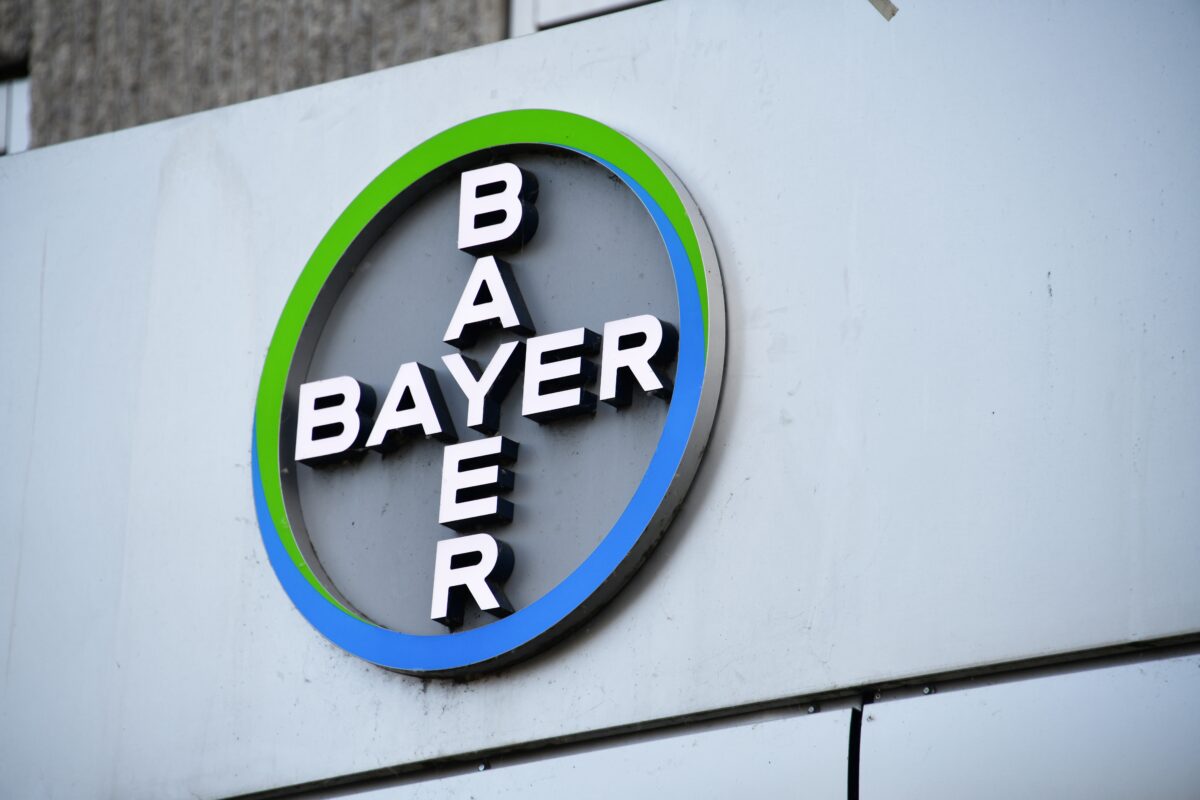Biogen has been working vigorously over the past couple of years to get its potentially disease-modifying drug Aduhelm (aducanumab) approved for Alzheimer’s disease, and it has finally happened.
This Monday, the US Food and Drug Administration (FDA) granted accelerated approval to the drug for the treatment of the disease. The historic and highly anticipated approval created a flurry of excitement in the Alzheimer’s disease space for patients, healthcare practitioners, advocacy groups and Biogen shareholders alike, as shares of the company jumped more than 50 percent after the announcement.
This is because it has been nearly two decades since a drug was last approved for Alzheimer’s disease.
However, despite the welcome news, there are some within the scientific community that remain aducanumab skeptics owing to conflicting results from previous clinical trials.
Along with the approval, Biogen also announced the drug’s steep $56,000 per year list price, which is several times higher than what industry analysts were expecting. And with a broad-label approval that makes the treatment available to all 6.2 million Alzheimer’s patients in the US, some market goers are apprehensive about the implications this could have for the industry.
Related: Could A Simple Blood Test Detect Alzheimer’s Disease?
Under the FDA’s accelerated approval pathway, Biogen has several years to conduct a required confirmatory post-approval clinical trial.
The drug is shown to have benefits for patients with mild symptoms associated with early-stage disease.
Prior to aducanumab’s approval, there were only five drugs approved for the treatment of Alzheimer’s disease, including four cholinesterase inhibitors and an N-methyl-D-aspartate (NMDA)-receptor antagonist.
Not only is aducanumab the first new treatment approved for Alzheimer’s since 2003, it is also the first therapy that targets the pathophysiology of the disease.
Alzheimer’s disease is an irreversible, progressive brain disorder that slowly destroys memory and thinking skills. The disease is characterized by the accumulation of amyloid beta plaques and neurofibrillary, or tau, tangles in the brain that result in loss of neurons and neural connections. This affects a person’s cognitive functions including memory and thinking and leads to problems including confusion, communication issues and a compromised ability to perform daily tasks.
Aducanumab is a human IgG1 monoclonal antibody that binds to aggregated forms of amyloid beta to help reduce its buildup.
Biogen developed aducanumab in partnership with Japanese pharmaceutical company Eisai. It is administered monthly as an intravenous infusion to treat early Alzheimer’s disease and was developed for patients with mild cognitive impairment, not severe dementia.
While the FDA approval does not indicate that the drug is for a specific group of patients, aducanumab was studied in a specific subset of patients with early disease and who were positive for a component found in amyloid brain plaques.
Aducanumab Controversy and Price Tag
Evidence for aducanumab’s efficacy has been highly contested.
Just two years ago, the drug was considered an epic failure because it showed no benefit over placebo in slowing the deterioration of memory and thinking problems, which led Biogen to halt ongoing Phase III trials of the drug. However, several months later, Biogen announced a new analysis that included more patients, which showed that the drug worked at higher doses to reduce clinical decline.
After this, Biogen completed its submission to the FDA in July 2020 for a Biologics License Application for approval of the drug. Since then, many in the Alzheimer’s world were awaiting the FDA’s decision on the drug.
Acknowledging the controversy, Dr. Patrizia Cavazzoni, director of the FDA’s Center for Drug Evaluation and Research, said in Monday’s announcement, “There has been considerable public debate on whether Aduhelm should be approved. As is often the case when it comes to interpreting scientific data, the expert community has offered differing perspectives.”
She noted that, “At the end of the day, we followed our usual course of action when making regulatory decisions in situations where the data are not straightforward,” saying that the FDA ultimately decided to use accelerated approval and “concluded that the benefits of Aduhelm for patients with Alzheimer’s disease outweighed the risks of the therapy.”
Others are not so optimistic, nor see the decision as one that was made in good faith or good science.
“I’m surprised and disappointed,” said Dr. Caleb Alexander, a drug researcher at Johns Hopkins who was on the FDA’s advisory committee that voted against approval of Biogen’s drug.
“It’s hard to find a scientist, even one with ties to the manufacturer, who believes the totality of the evidence is persuasive,” he said in a Reuters article.
And now with Biogen having revealed the sky-high price of its drug, many are concerned over a potential market domination and setting back efforts around drug price reform in the US.
In a note to investors, analyst Ronny Gal said Aduhelm could ultimately be the tipping point for drug price reform in the country. As a drug with “borderline efficacy,” the price is “taking advantage of the weak US pricing scheme,” he said.
Aducanumab requires an infusion once every four weeks, which is about $4,312 per infusion, based on its annual cost of $56,000 for a high dose. Industry experts say that while 85 percent to 90 percent of patients in the US are eligible to be covered for the drug by Medicare, it is likely that other insurers, and even Medicare, will limit their coverage to the type of patients who participated in the trial.
Clinical Evidence
The FDA’s approval of aducanumab was based on safety and efficacy data from three separate studies involving a total of 3,482 patients. The studies consisted of double-blind, randomized, placebo-controlled dose-ranging trials in patients with Alzheimer’s disease. Patients receiving the treatment had significant dose-and time-dependent reduction of amyloid beta plaques, while patients in the control arm of the studies had no reduction of amyloid beta plaque.
Of the three studies, two were Phase III trials — the EMERGE and ENGAGE studies — which involved patients with early stages of Alzheimer’s disease (mild cognitive impairment and mild dementia) with confirmed presence of amyloid pathology. Biogen’s third trial was the Phase Ib dose-ranging PRIME study. All three studies consistently showed reductions in amyloid beta plaques by 59 percent in ENGAGE, 71 percent in EMERGE and 61 percent in PRIME.
While only one of the Phase III studies met the primary endpoint of reduction in clinical decline, it is expected that lowered amyloid plaque levels will lead to reduction in clinical decline.
Among notable side effects of the drug include temporary swelling in areas of the brain, which is generally symptomless and related to amyloid-related imaging abnormalities (ARIA). Some people may have symptoms such as headache, confusion, dizziness, vision changes or nausea associated with the swelling.
“I think they made the right decision. It makes the drug available to patients while requiring the company to do more research to prove its benefit,” said Dr. Howard Fillit, chief science officer of the Alzheimer’s Drug Discovery Foundation, in the Reuters article.
According to the Alzheimer’s Association, the number of people living with the disease is projected to more than double to 13 million by 2050. Currently, Alzheimer’s is the sixth leading cause of death in the US.












Join or login to leave a comment
JOIN LOGIN